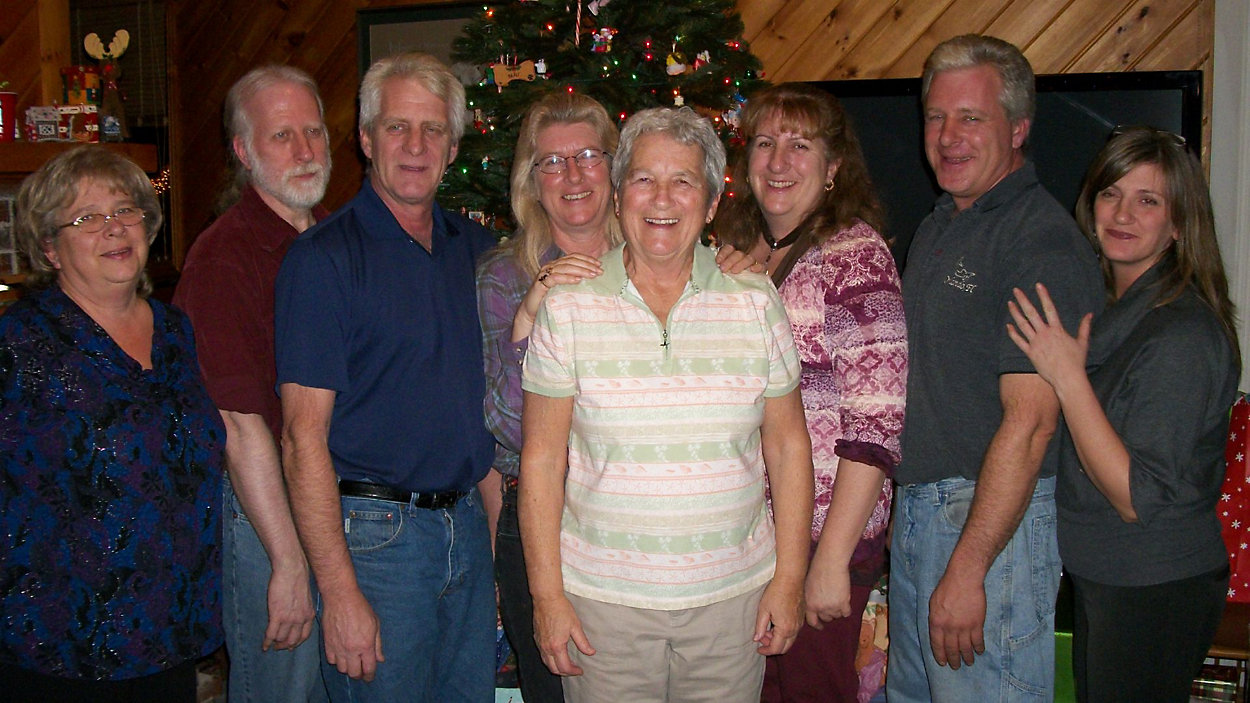After a decades-long fight, nurse-midwives will soon be able to practice without physician supervision in the state of North Carolina. The requirement is being removed as part of a 47-page abortion bill that recently passed the state legislature. The 416 midwives in the state won’t need physician supervision starting in October. Once the law has gone into effect, there will only be two states in the country that still require physician supervision of certified nurse-midwives, according to the American College of Nurse-Midwives.
Suzanne Wertman knows what it’s like to work under the supervision of a physician while trying to deliver babies. She used to work as a certified nurse-midwife at a private practice in Wilmington, but everything changed in the course of a day.
The physicians who owned the practice abruptly suspended all maternity services at the clinic, and suddenly, Wertman was out of a job. She was unable to practice midwifery until she found another physician to supervise her. The rule was part of the Midwifery Practice Act of 1983, which required nurse-midwives to practice under the supervision of a physician engaged in obstetrics.
However, the doctor doesn’t need to be in the same room, or even the same county, as the nurse they supervise. Gaining supervision as a nurse-midwife can also take years due to all the back and forth. Many nurse-midwives even have to pay a fee to a physician in order to work in their chosen profession. These delays and bureaucratic hurdles left many qualified nurse-midwives on the sidelines.
When Wertman lost her job at the clinic in 2009, she ended up having to ask physicians to supervise her, so she could continue doing the work that she loves.
“I was so hopeful that I would be able to go someplace else in the community and be able to find someone,” she told NC Health News. “I had that hope because we had such a need. I put together a business plan with a friend of mine who’s a business consultant. They were so excited. They’re like, ‘Oh my gosh, you’re going to do great if you can just find a supervising physician, and you’ll be able to take care of all your patients.’”
But she spent years out of work because no physician would agree to supervise her. “It’s a permission slip,” Wertman said. “A physician has the autonomy, the control, the power to decide where midwives work.”
Nurse-midwives in the state have long sought to remove this requirement, but physician groups have worked just as hard to maintain the status quo. But now that burden is about to be lifted.
The new law will not let all nurse-midwives work without supervision. Those with fewer than 24 months and 4,000 clinical hours will still need some type of collaborative supervision, which can include either a physician or nurse-midwife with a minimum of four years and 8,000 clinical hours.
The provision also lets nurse-midwives continue working for up to 90 days if an existing supervision collaboration agreement falls through.
Both the American College of Nurse-Midwives and the American College of Obstetricians and Gynecologists have stated that nurse-midwives should be able to practice free of supervision.
“It’s a feeling state that physicians should be in control,” said Ami Goldstein, president of the North Carolina affiliate of the American College of Nurse-Midwives. “That’s not an evidence-based health care state. We’ve got to move forward and use our evidence-based health care and best practices to address the maternal mortality crisis.”
Goldstien has long advocated for the removal of the physician supervision requirement. As a nurse-midwife with more than 24 years of experience, she trains resident physicians in the birthing process. But when they graduate, they have the potential to become her supervision physician.
“I feel like I have entered the world of ridiculousness when my supervising physicians actually used to be my residents at one point in time,” she added. “I don’t really know what to do with that.”
Goldstien says removing the supervision requirement will make the system more equitable while creating new opportunities for nurse-midwives.
“There have been many nurse-midwives who have wanted to open their own practices in rural communities but due to the restrictions have not been able to,” Goldstein said.
The local nursing union agrees.
“Decades of research shows Certified Nurse Midwives (CNMs) provide safe, quality care — often for some of the most underserved populations that lack access,” Tina Gordon, CEO of the North Carolina Nurses Association, said in a statement. “North Carolina already has a shortage of providers, particularly in maternal health. With both Medicaid expansion and tighter restrictions on abortion imminent, demand for quality care is further outpacing supply.”



